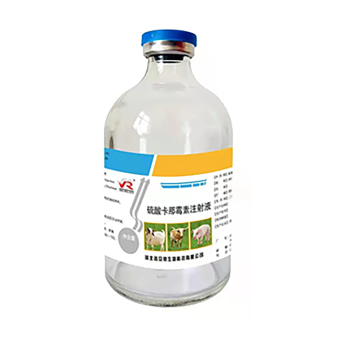- Afrikaans
- Albanian
- Amharic
- Arabic
- Armenian
- Azerbaijani
- Basque
- Belarusian
- Bengali
- Bosnian
- Bulgarian
- Catalan
- Cebuano
- Corsican
- Croatian
- Czech
- Danish
- Dutch
- English
- Esperanto
- Estonian
- Finnish
- French
- Frisian
- Galician
- Georgian
- German
- Greek
- Gujarati
- Haitian Creole
- hausa
- hawaiian
- Hebrew
- Hindi
- Miao
- Hungarian
- Icelandic
- igbo
- Indonesian
- irish
- Italian
- Japanese
- Javanese
- Kannada
- kazakh
- Khmer
- Rwandese
- Korean
- Kurdish
- Kyrgyz
- Lao
- Latin
- Latvian
- Lithuanian
- Luxembourgish
- Macedonian
- Malgashi
- Malay
- Malayalam
- Maltese
- Maori
- Marathi
- Mongolian
- Myanmar
- Nepali
- Norwegian
- Norwegian
- Occitan
- Pashto
- Persian
- Polish
- Portuguese
- Punjabi
- Romanian
- Russian
- Samoan
- Scottish Gaelic
- Serbian
- Sesotho
- Shona
- Sindhi
- Sinhala
- Slovak
- Slovenian
- Somali
- Spanish
- Sundanese
- Swahili
- Swedish
- Tagalog
- Tajik
- Tamil
- Tatar
- Telugu
- Thai
- Turkish
- Turkmen
- Ukrainian
- Urdu
- Uighur
- Uzbek
- Vietnamese
- Welsh
- Bantu
- Yiddish
- Yoruba
- Zulu
Nov . 18, 2024 08:16 Back to list
The Role of Minerals in Enhancing Animal Nutritional Health and Performance
The Importance of Minerals in Animal Nutrition
Minerals play a critical role in the overall health and well-being of animals. These inorganic nutrients are essential for various physiological functions and contribute significantly to the growth, reproduction, and productivity of livestock and companion animals alike. Understanding the importance of minerals in animal nutrition is vital for farmers, veterinarians, and animal nutritionists to ensure optimal animal health.
One of the primary functions of minerals in animal nutrition is their involvement in numerous biochemical processes. Minerals such as calcium and phosphorus are crucial for bone development and structural integrity. They form a significant part of the skeletal system, and deficiencies can lead to bone disorders like rickets in young animals and osteomalacia in adults. In addition, minerals like magnesium, potassium, and sodium are essential for regulating fluid balance and maintaining nerve and muscle function.
Moreover, trace minerals such as iron, zinc, manganese, and copper play vital roles in enzymatic reactions and immune function. Iron is a key component of hemoglobin, the molecule responsible for oxygen transport in the blood. A deficiency in iron can lead to anemia, reducing the animal's energy levels and overall productivity. Zinc, on the other hand, is critical for skin health, reproduction, and growth, while copper is involved in the formation of red blood cells and the maintenance of healthy connective tissues.
importance of minerals in animal nutrition

Minerals also support the metabolic processes that lead to energy production and feed conversion. For instance, selenium is an antioxidant that helps prevent cellular damage and supports the immune system, allowing animals to thrive despite environmental stressors. The presence of adequate mineral levels can significantly enhance the efficiency of feed utilization, leading to better growth rates and higher production yields.
Furthermore, mineral supplementation can be particularly important in specific stages of an animal's life cycle. Young animals, pregnant or lactating females, and those recovering from illness may have increased mineral requirements. Appropriate mineral balance in diets not only promotes health but also enhances reproductive performance and milk production in dairy animals, ultimately benefiting the farmer's bottom line.
In conclusion, minerals are essential components of animal nutrition that contribute to various physiological functions, growth, and productivity. By ensuring that animals receive an adequate supply of both macro and trace minerals, producers can foster healthier livestock, resulting in improved performance and economic returns. Therefore, it is imperative for those involved in animal care to prioritize mineral nutrition in their feeding strategies.
-
Guide to Oxytetracycline Injection
NewsMar.27,2025
-
Guide to Colistin Sulphate
NewsMar.27,2025
-
Gentamicin Sulfate: Uses, Price, And Key Information
NewsMar.27,2025
-
Enrofloxacin Injection: Uses, Price, And Supplier Information
NewsMar.27,2025
-
Dexamethasone Sodium Phosphate Injection: Uses, Price, And Key Information
NewsMar.27,2025
-
Albendazole Tablet: Uses, Dosage, Cost, And Key Information
NewsMar.27,2025













